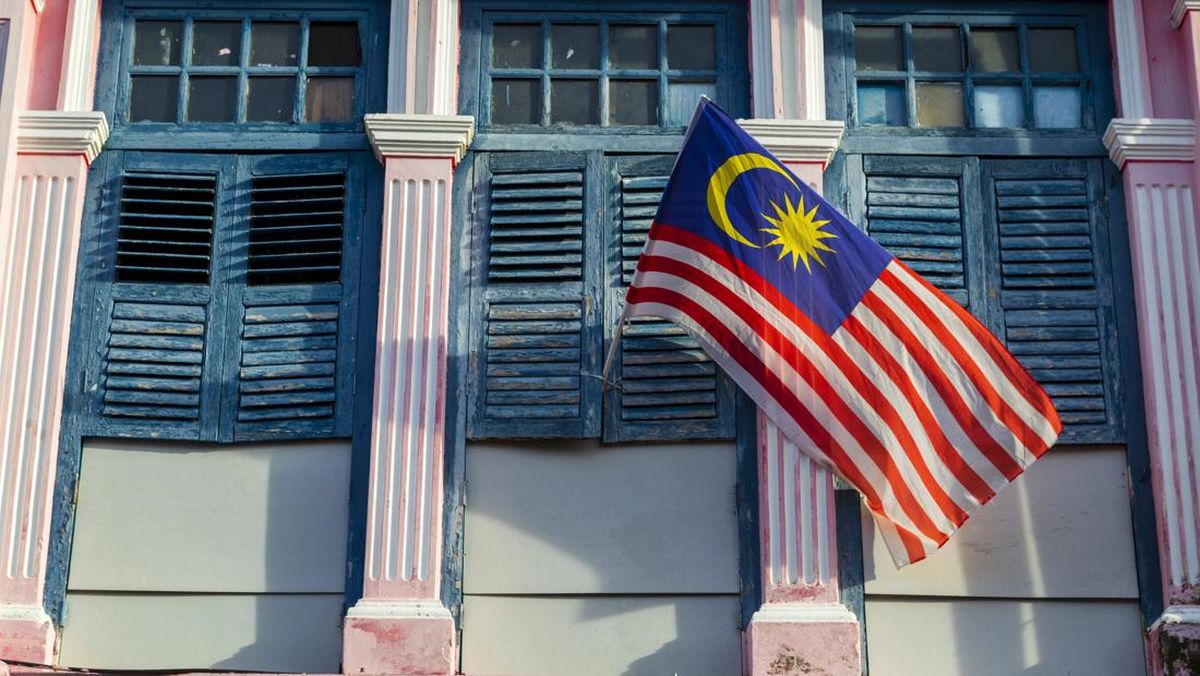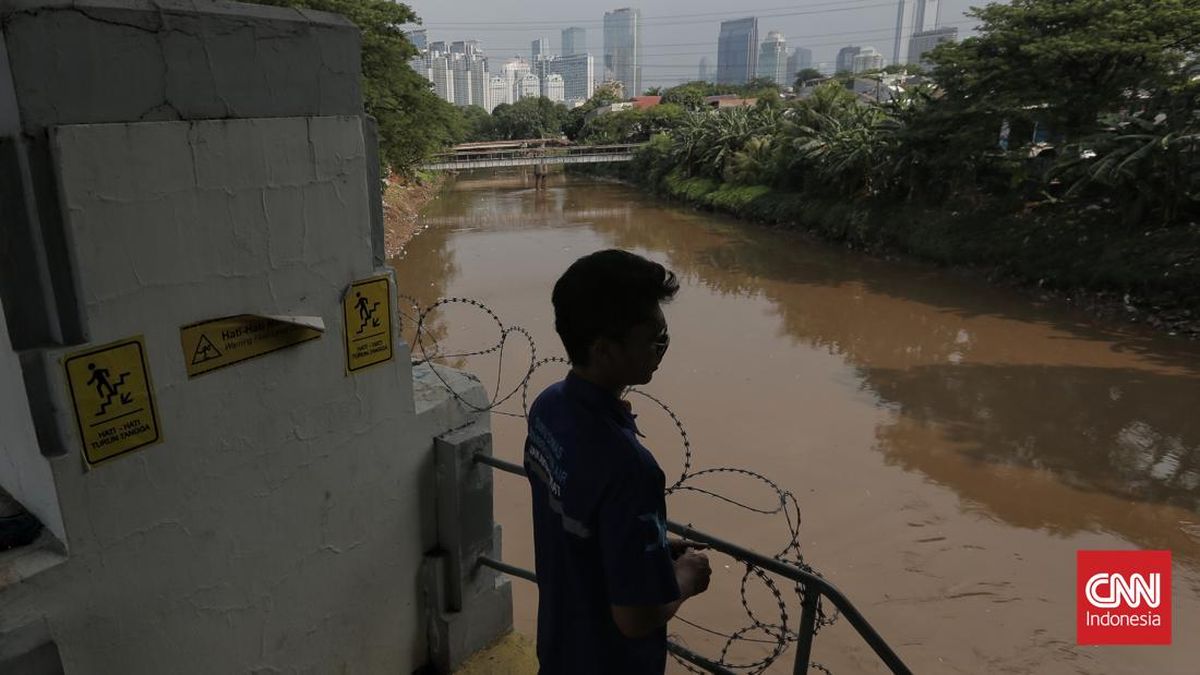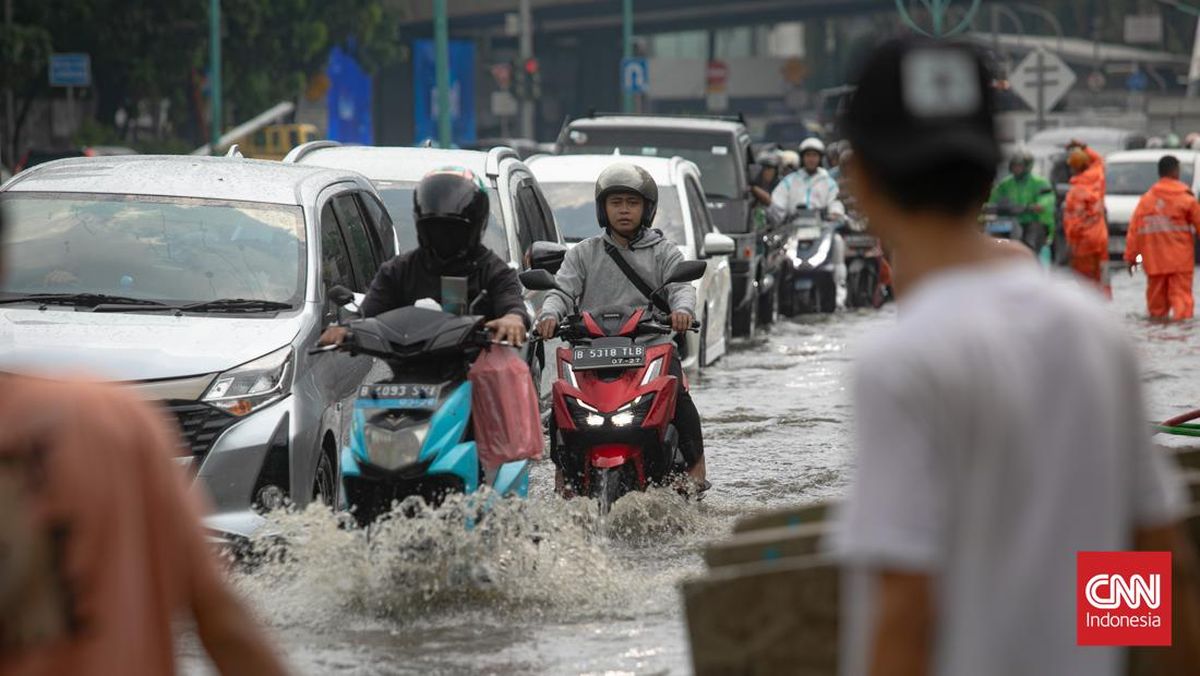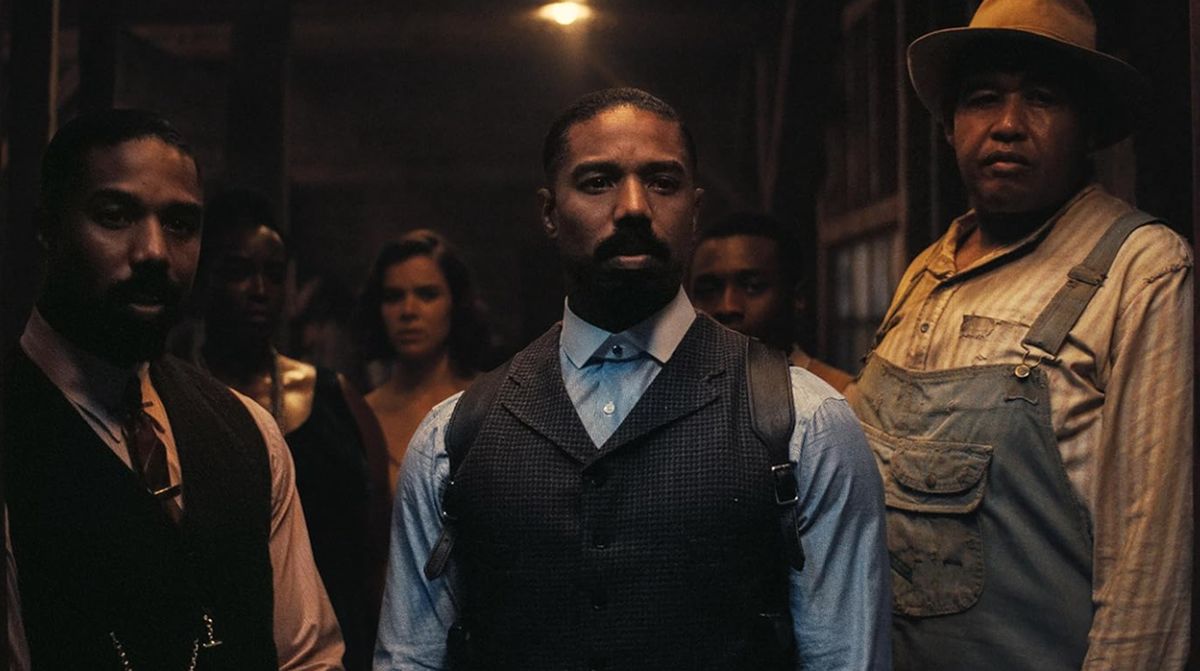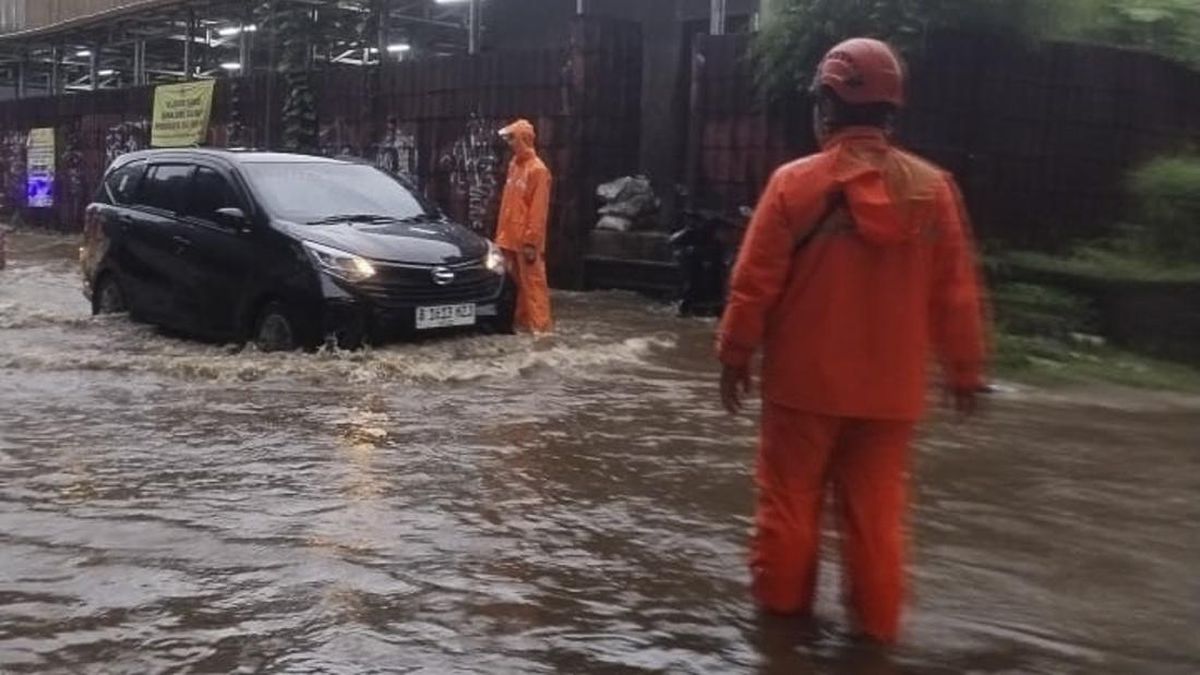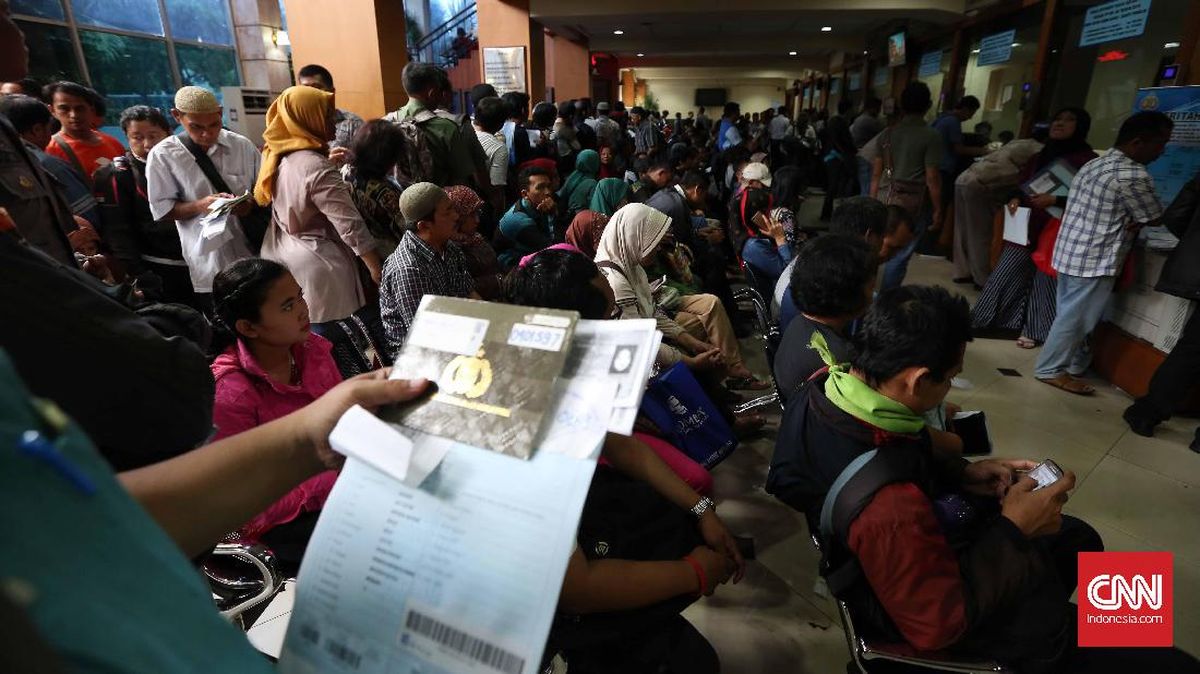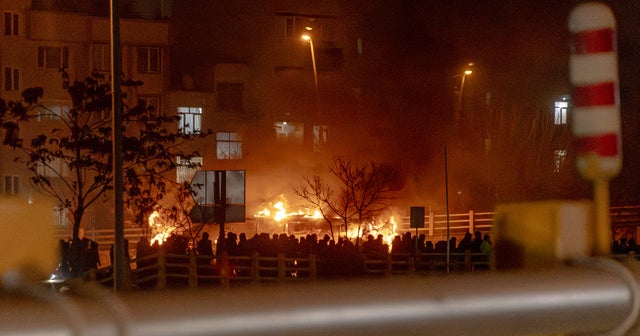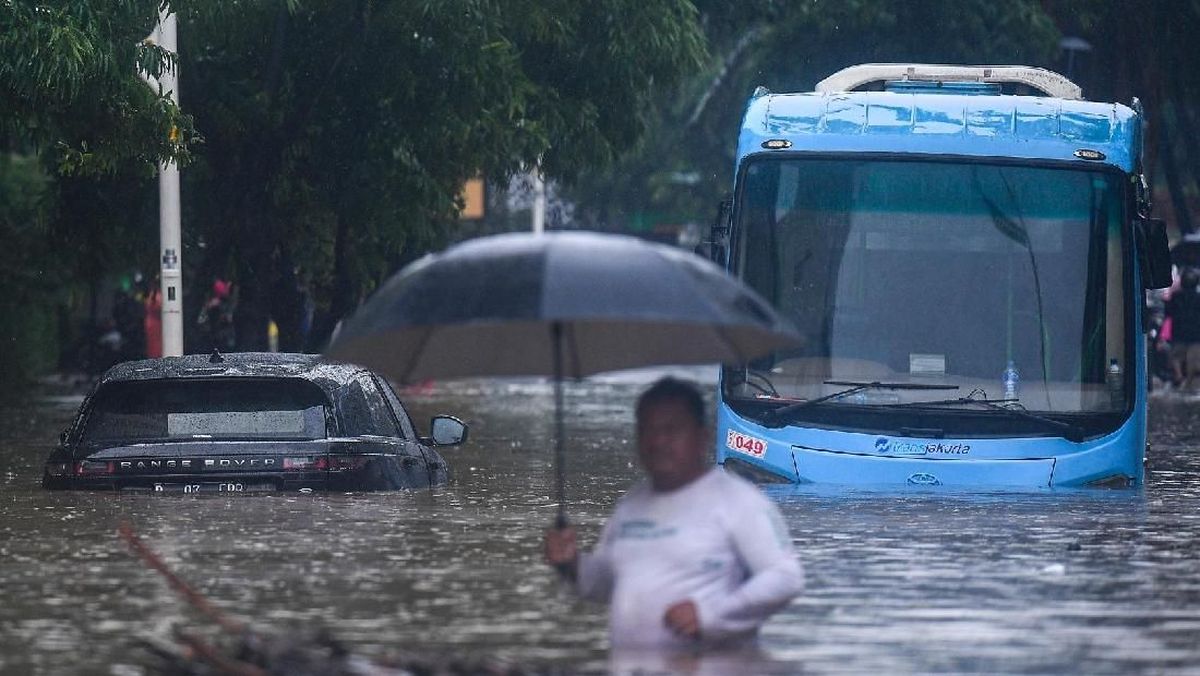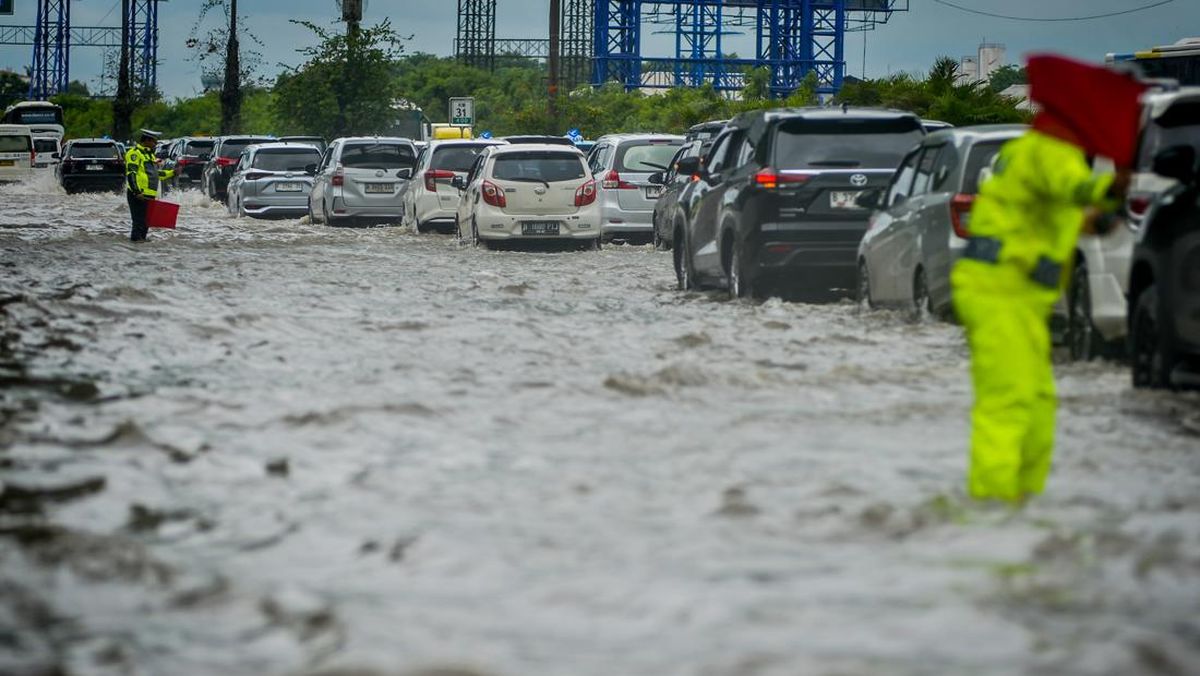Greater Melbourne has more than five times as many psychiatrists on a per capita basis as the City of Melton, and seven times as many psychologists working in community mental health.
Werribee GP Joe Garra said his patients’ mental health often deteriorated while they waited for an appointment with a psychologist or psychiatrist.

Werribee GP Dr Joe Garra says many of his patients cannot afford to see private psychologists.Credit: Joe Armao
“I have to give them antidepressants so that they are OK until they can see a psychologist,” said Garra, who has previously run as an independent candidate in the state election. “You have to keep them safe.”
Depression is the main mental health condition among his younger patients.
“It definitely has gotten worse since COVID,” Garra said. “A lot of kids spent two years of their lives not socialising, they were limited to the internet… and didn’t have outlets like sport.”
He added that many patients could not afford the gap fees to access private psychologists and psychiatrists.
Loading
Headspace chief clinical officer Vikki Ryall said the Werribee site was recruiting new allied health practitioners.
“Headspace services nationally continue to experience high demand for service, due to the well-documented increase in youth mental health and wellbeing difficulties,” Ryall said.
“Headspace Werribee is one of the very few bulk-billed and free mental health services for young people in the area – an area that is fast-growing. We will continue to listen and respond to the needs in the community alongside each other.”
She added that help was always available through Headspace’s national online service, eHeadspace.
Teagan Carrison, executive director of the Australian Association of Psychologists, said while psychologists had immediate availability to help new clients in the western suburbs, cost was the number one barrier.
“The way to create better access to psychologists is to raise the Medicare rebate to $150 for every appointment,” she said.
Mental health presentations to emergency departments across Victoria have increased by 5 per cent in the past year, according to the latest state government data.
One Western Health source, speaking on the condition of anonymity, said paediatric patients with mental health issues were placing significant pressure on the health service’s emergency departments.
Loading
“Their parents reach this crisis point, and the only place they are able to go is a public emergency department,” he said.
“They spend hours in our emergency department waiting for a psychiatry review. It’s less than a therapeutic environment. If you are a child who’s distressed with anxiety, depression and suicidal ideation, it’s just not a great place to be.”
Headspace founder Pat McGorrey said he was thankful that the Albanese government had promised to deliver $1 billion for more free mental health services. McGorrey said headspaces in Sunshine and Melton were already slated to receive an extra $3 million or so a year to recruit more staff.
“Because Werribee has got such a massive population growth, it should definitely benefit from the same kind of boost,” he said. “It urgently needs it as well.”
McGorrey added that more state and federal funding was needed for other mental health providers in Melbourne’s booming west.
Mental health disorders are among the four most prevalent conditions being managed by primary care – as well as impacting health and wellbeing – in Melbourne’s north-western suburbs, according to a Commonwealth health needs assessment. The other most prevalent conditions are heart disease, diabetes and chronic pain.

Federal Education Minister Jason Clare speaking at Headspace Werribee in August last year.
A spokesperson for Western Health – which manages the major public hospitals in the western suburbs – said approximately 5 per cent of emergency department presentations at Sunshine, Footscray and Williamstown hospitals between April and June this year were primarily due to mental health issues.
Loading
Over coming months, The Age is strengthening its focus on Melbourne’s booming west with a special series examining the positives and challenges the region faces.
In October, The Age reporters will moderate a West of Melbourne Economic Development Alliance’s (WoMEDA) summit to discuss a vision for the western suburbs’ success. The alliance of university, industry, community and local government experts works to unlock the west’s economic potential.
Additional mental health infrastructure is part of the west’s hospital pipeline. The new, $1.5 billion Footscray Hospital site – due to open in February next year – will host a new mental health, alcohol and other drugs hub.
The Western Health spokesperson said the hub would have eight cubicles, a lounge area and calming spaces for relaxation and de-escalation. It will be staffed by a multidisciplinary team of clinicians with experience in emergency mental health and addiction medicine.
However, the $900 million Melton hospital and $100 million Werribee Mercy Hospital emergency department expansions – which will also offer emergency mental health services – won’t be complete until 2029.
A spokesperson for the Allan government said it was bringing world-class mental health facilities to Melbourne’s west.
“We’re also delivering more free mental health services locally,” the spokesperson said, citing expanded services at the Brimbank mental health and wellbeing local and Sunshine Hospital’s mental health hub.
In the past financial year, the Sunshine hub – which also treats patients affected by alcohol and other drugs – had more than 2500 admissions.
The government spokesperson said this reduced pressure on Sunshine’s emergency department, with more than half of mental health presentations now completed within four hours, a 16 per cent improvement year-on-year.
The West of Melbourne Summit, presented by WoMEDA with The Age, will be held on October 22-23. For details go to womeda.com.au
If you or someone you know needs support contact Lifeline on 13 11 14 or Beyond Blue on 1300 22 4636. In the event of an emergency, dial triple zero (000).

